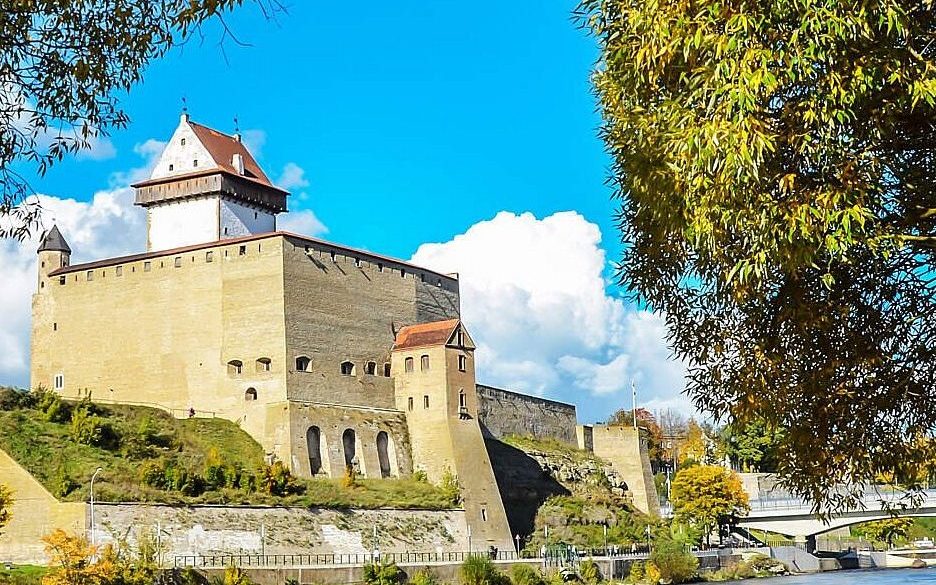GENERAL OVERVIEW ABOUT TRAININGS:
The main aim is to raise awareness among young voters, to improve young adults’ and middle-aged people’s understanding of the democratic process in our daily lives, the involvement of young people in the electoral process and the role of fair and open elections, thus ensuring fair play in election campaigns and a respectful attitude towards the voter, and to strengthen democracy in Estonia.
Each training session will focus on one of the themes preselected and explanation of cross cutting themes. The aim of the training sessions is to provide constructive knowledge and skills about the concept of democracy, election process, good governance, politics, and provide practical critical thinking approaches on upcoming European Elections and other such skills. The Second section of the training session is dedicated to gain practical experience by meeting with field experts and authorities who are capable of replying to practical questions of future community leaders and election voters .This is supplemented through strategic dialogue discussions with experts, exercises and group work in order to use the best European and Estonian experience and best practices on how to initiate democratic change (organise media campaigns, to be a election watchdogs, critical analyse promises of politicians etc.) and create a comparative perspective on developing solutions for the future. Each training session follows the same structure but addresses the core topics on the different levels of operation detailed above to ensure comprehensive review of the topic.

Narva, Estonia
30.01.2024, Narva Gymnasium II training
“Democracy and basics of political science”
22.02.2024, Narva Vaba Lava Theatre centre
“Election watchdogs and good governance”

Talillnn, Estonia
25.01.2024, Tallinn Hestia Hotel Europa
“Elections and the electoral process”
March 2024, Tallinn TBA
“Critical Thinking, Politics and Media Analyses”
April 2024, Park Inn Meriton Hotel
“Cooperation and communication: Local and regional elections, national and local authorities”


